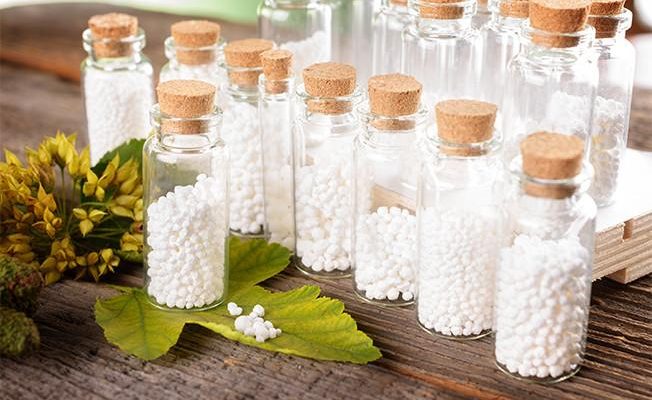Sore, red skin? It might be psoriasis!

If you have developed long-lasting red or purple scaly patches on your skin, chances are you might be suffering from psoriasis. Psoriasis has a significant impact on your life. According to studies, psoriasis affects nearly 3% of the general population.
What exactly are we dealing with?
Psoriasis is a chronic auto-immune, non-contagious medical condition that causes skin inflammation. It is linked to other deficiencies such as psoriasis arthritis. It can be very itchy and develop silver plaques on the skin that are embarrassing. It does have its physical and psychological effects.
The primary cause of psoriasis is still unknown. Researchers say there is definitely a genetic component because the disease seems to run in families. In addition to this, there are also environmental triggers such as stress, trauma, previous infections, smoke and many more. Regardless of what the cause is, once it starts off, it does not go shut.
Psoriasis symptoms may vary from person to person and there are few categories. The most common type is plaque psoriasis wherein there are salmon coloured, inflamed patches on the skin due to underlying dilated blood vessels and is topped with white scales. Plaques are typically found on the scalp and in tensor areas such as the groin, knees, and elbows among others.
Then there is guttate psoriasis which causes small, red spots on the limbs. This usually starts in childhood and is triggered by an infection like the strep throat. There is also inverse psoriasis wherein there are shiny red abrasions on the skin but without any scaling and are typically found in skin folds such as underarms, under the breasts and in the genital regions.
Another form of psoriasis is pustular psoriasis. Pustular psoriasis is the appearance of red skin with a white lofted filling of pus resulting from dead cells. They usually form on hands and feet. Probably the most severe form is the erythrodermic psoriasis which causes fire-red scales that are extremely itchy and painful. They usually occur on large areas of the skin.
Diagnosis and conventional treatment methods
Based on the extent and distribution of the skin damage, a tissue biopsy can be done to diagnose it by looking at the changes in the skin layers. Psoriasis treatment can include moisturizers and emollients to get rid of the plaques and minimize the itchiness. Implementation of topical and immunosuppressive therapies might dampen the immune response. Of course, there can be possible side effects like a burning sensation, irritation, and stinging sensation among others. UV therapy can also be considered a viable option which reduces inflammation and slows down skin cells production. Potential side effects of this method may include inflammation of hair roots, redness, rash and much more. You need something that is more authentic long-term in treating psoriasis. Say hello to homeopathy.
Homeopathic treatment for psoriasis
Homeopathy follows a traditional approach with remedies made out of natural substances. It is known that psoriasis is associated with psychological aspects like trauma and distress as well. Therefore, an individual suffering from psoriasis is monitored through and through in terms of his medical and family history. Homeopathic medicine for psoriasis is prescribed based on the results gathered from said monitoring. Remedies vary from person to person. Homeopathy aims at treating this condition by eliminating the root cause altogether. Do not hesitate, opt for homeopathy
Bottom line
Psoriasis is totally treatable and should be dealt with utmost care. A hasty approach is not recommended. Visit a doctor at the first visible sign and it will be alright.










